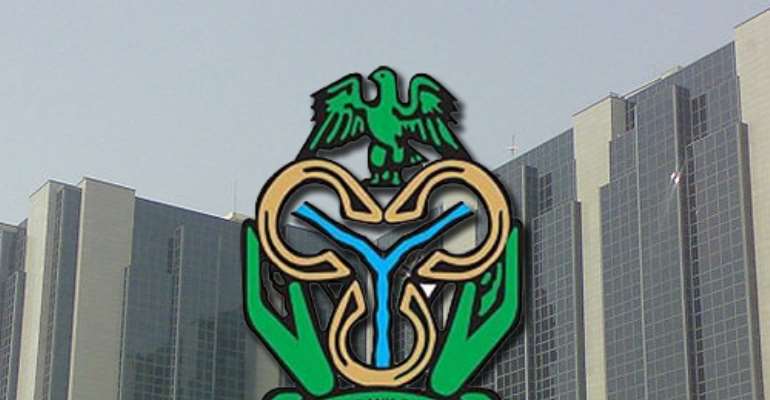New CBN study discredits inflation targeting model for economic development

A new report by the monetary policy department of the Central Bank of Nigeria, CBN, has indicated that a full-fledged inflation targeting framework may not be very relevant in the prevailing economic dispensation, popularly called the new normal, as it may not address the exchange rate and foreign reserve variability, economic growth as well as employment objectives of the Nigerian economy.
Inflation targeting encompasses a monetary policy framework in which the central bank sets an explicit target for future inflation, usually low inflation rate, and work towards achieving this goal. Consequently, the inflation rate serves as the nominal anchor on which the central bank relies to maintain price stability. Since the first adoption of inflation targeting by New Zealand in 1990, several countries from developed and emerging market economies as well as developing countries, including Nigeria have adopted the framework.
The policy framework, according to the CBN, proved to be quite successful in the previous two decades. However the recent global financial and economic crisis has put a severe dent to this monetary policy framework. During the crisis, most central banks fell into the liquidity trap as the target interest rates were cut to the zero bound to stimulate the economy. But when there was no incentive for a further lowering of the nominal interest rate, unconventional monetary policy was adopted evidenced by several rounds of quantitative easing followed.
Yet, unemployment remained very high indicating that the steps taken were not sufficient to reverse the recessionary trend. In spite of the persisting unemployment and low growth, inflation rates in most advanced economies such as the United State of America, remained very low. It was obvious that the achievement of the low inflation target, with low interest rate and low volatility, did not guarantee favourable growth and improved employment. At this point, economists began to question the wisdom in the inflation targeting framework.
It was this abnormal environment, termed by some analysts as the new normal, and under which unconventional monetary policy appeared more successful in addressing the imbalances in the economy. According to the CBN report, 'in the new normal, central banks have the additional mandate of maintaining financial system stability and economic growth in addition to the price stability objective of monetary policy. 'In the particular case of developing economies with substantial output gap, we query the continued relevance of the conventional focus of monetary policy.
In the CBN report titled 'relevance of inflation targeting for developing countries in the new normal: a case of Nigeria', published last week as CBN working paper series, the apex bank's monetary economists said however, that the alternative scenario of nominal gross domestic product, GDP, targeting framework seems more plausible, as it generates higher economic growth, increment in foreign reserves, more stable exchange rate as well as lower inflation rate.
According to them 'this position is consistent with the new Keynesian theory, which posits that an economy with huge output gap could boost economic growth and employment through a low interest rate policy. 'Furthermore, the theory argues that with financial frictions in place, strict inflation targeting may be sub-optimal under conditions of financial market imperfection as is common in most developing economies'.
The conclusions of the research team was derived from a study and reviews of the conceptual as well as theoretical and empirical literature on the subject, and employed various estimation techniques. The outcome of the study, the team stated, 'demonstrates that in post crisis Nigeria, under the new normal paradigm, strict inflation targeting would not be a suitable framework to address the key macroeconomic issues confronting the economy, such as inclusive economic growth, price instability and exchange rate stability.
he estimation technique adopted in the study demonstrates that nominal GDP targeting could be more suitable than inflation targeting in pursuit of the broader set of objectives highlighted under the new normal paradigm. Inflation targeting, according to the report, however, still remains a relevant policy approach but is considered weak in its ability to deal with financial and economic crisis if deployed solely. Vanguard
